Market Analysis
In-depth Analysis of Passenger Service System Market Industry Landscape
The Passenger Service System (PSS) market is characterized by a dynamic interplay of various factors that collectively shape its trajectory. One of the key dynamics is the continuous growth of the global aviation industry. As air travel becomes more accessible and widespread, airlines are increasingly investing in advanced PSS solutions to streamline operations and enhance the overall passenger experience. This growth is fueled by factors such as rising disposable incomes, urbanization, and a growing middle class, which contribute to an increasing demand for air transportation services.
Technological advancements play a pivotal role in shaping the market dynamics of PSS. The integration of cutting-edge technologies, including artificial intelligence, machine learning, and cloud computing, has become a strategic imperative for PSS providers. These technologies empower airlines to automate processes, optimize resource allocation, and deliver personalized services to passengers. The rapid pace of technological innovation creates a dynamic landscape where PSS providers must continually evolve to stay relevant and competitive in the market.
Market consolidation is another noteworthy dynamic in the PSS market. The industry has witnessed a trend of mergers and acquisitions as companies seek to strengthen their market positions, expand their service portfolios, and achieve economies of scale. This consolidation is driven by the desire to offer comprehensive end-to-end solutions that encompass a wide range of services, from reservations and check-in to baggage handling and loyalty programs. The resulting larger entities aim to cater to the diverse needs of airlines and gain a competitive advantage in the market.
Global regulatory frameworks and industry standards significantly influence the dynamics of the PSS market. Airlines must adhere to strict regulations imposed by aviation authorities, data protection laws, and international standards. Compliance with these regulations necessitates continuous updates and modifications to PSS solutions to ensure that airlines operate within the prescribed guidelines. The evolving nature of these regulations creates an environment where PSS providers must remain agile and adaptable to meet compliance requirements.
The competitive landscape within the PSS market is marked by the constant pursuit of innovation. PSS providers engage in fierce competition to differentiate themselves by introducing novel features and services. This includes advancements such as biometric authentication, mobile applications, and predictive analytics to enhance the passenger journey. The race to stay ahead in innovation is driven by the ever-increasing expectations of airlines and passengers for seamless, efficient, and technologically advanced travel experiences.
Market dynamics are also influenced by economic factors such as fluctuations in fuel prices, exchange rates, and overall economic stability. These factors impact airline profitability and, consequently, their investment decisions in PSS solutions. During periods of economic uncertainty, airlines may prioritize cost-cutting measures, potentially affecting the pace of adoption of advanced PSS technologies.
Customer preferences and expectations contribute significantly to the market dynamics of PSS. Passengers today demand a seamless and personalized travel experience, prompting airlines to invest in PSS solutions that cater to these expectations. Features such as mobile check-in, real-time updates, and personalized services are integral components of modern PSS offerings, reflecting the industry's responsiveness to changing consumer needs.

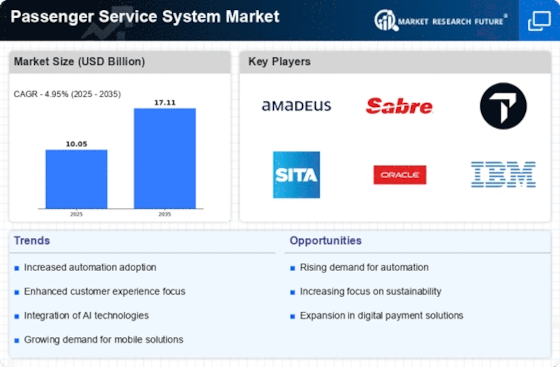

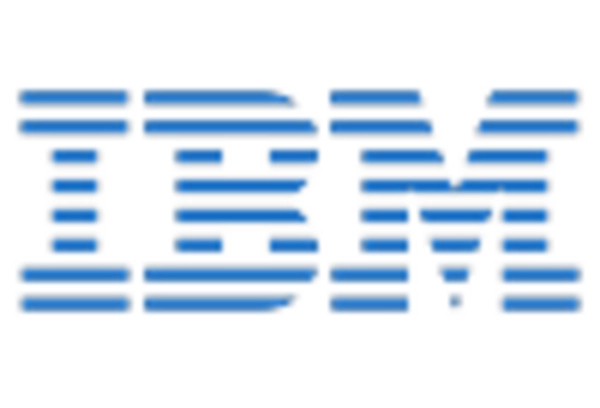
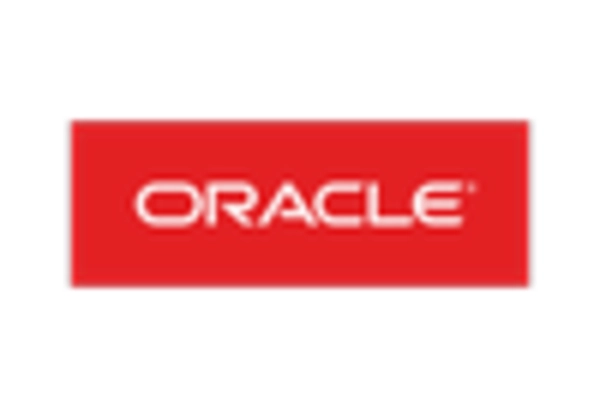
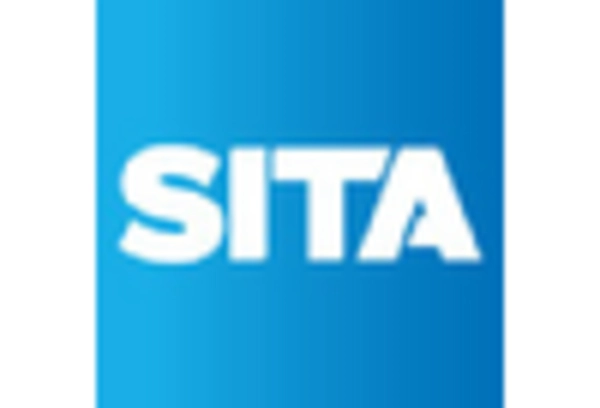
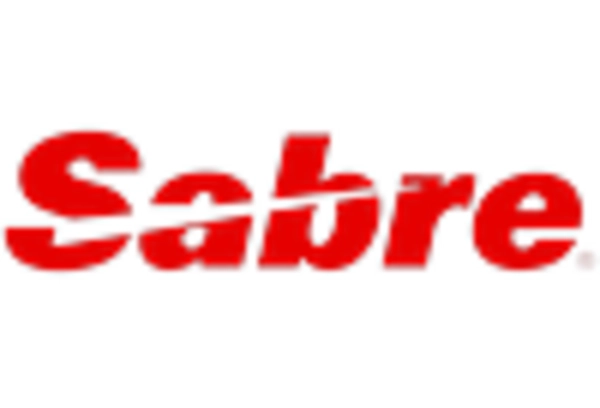










Leave a Comment